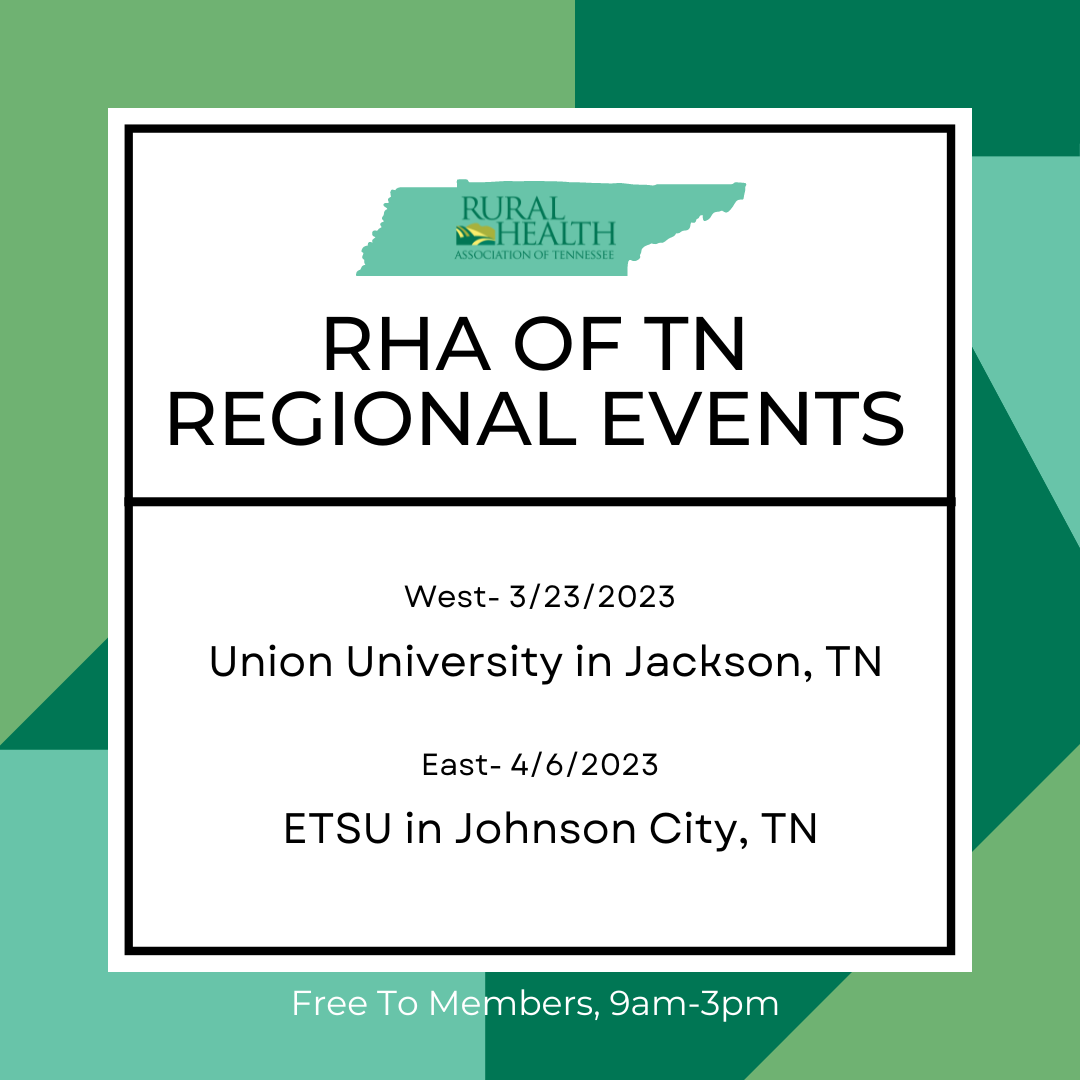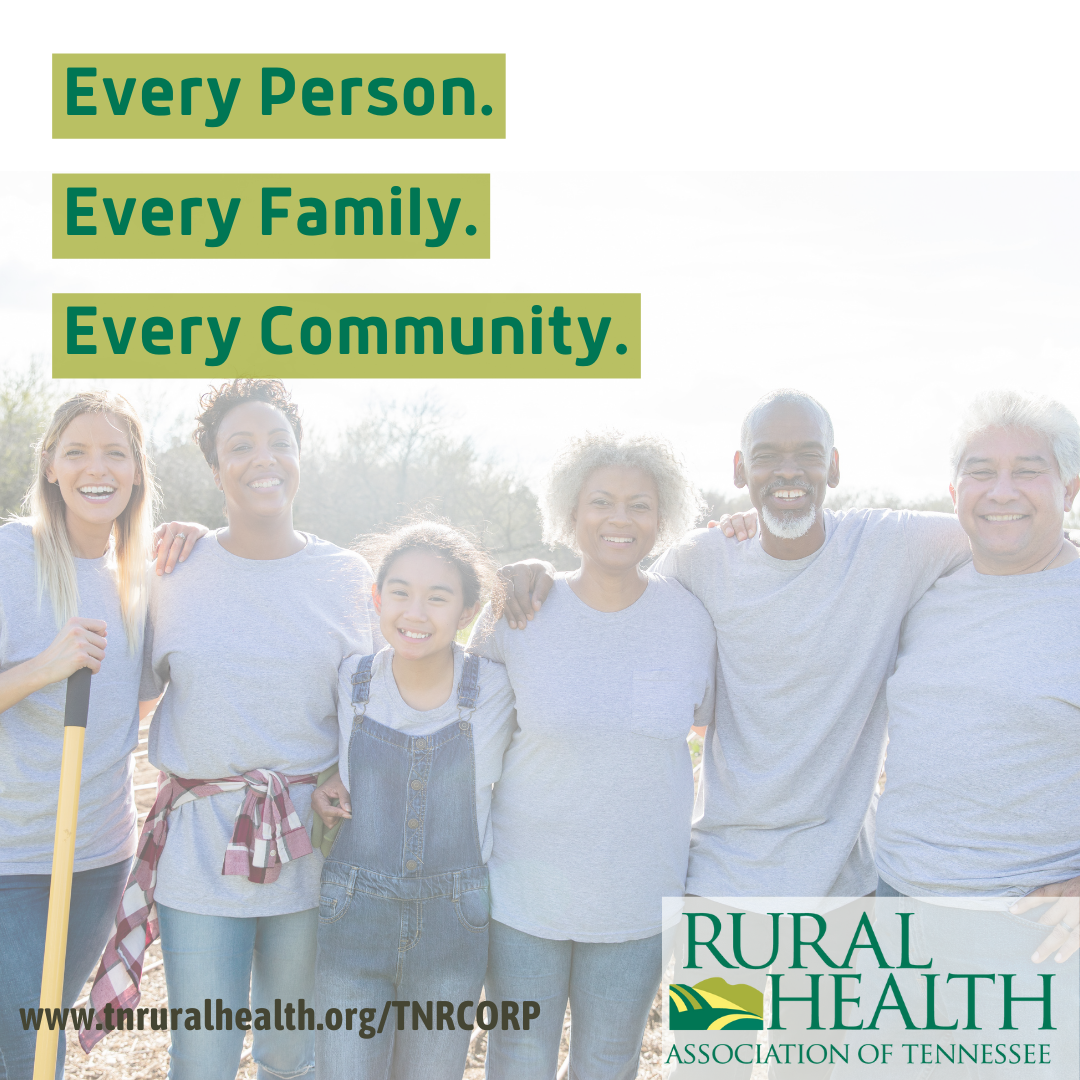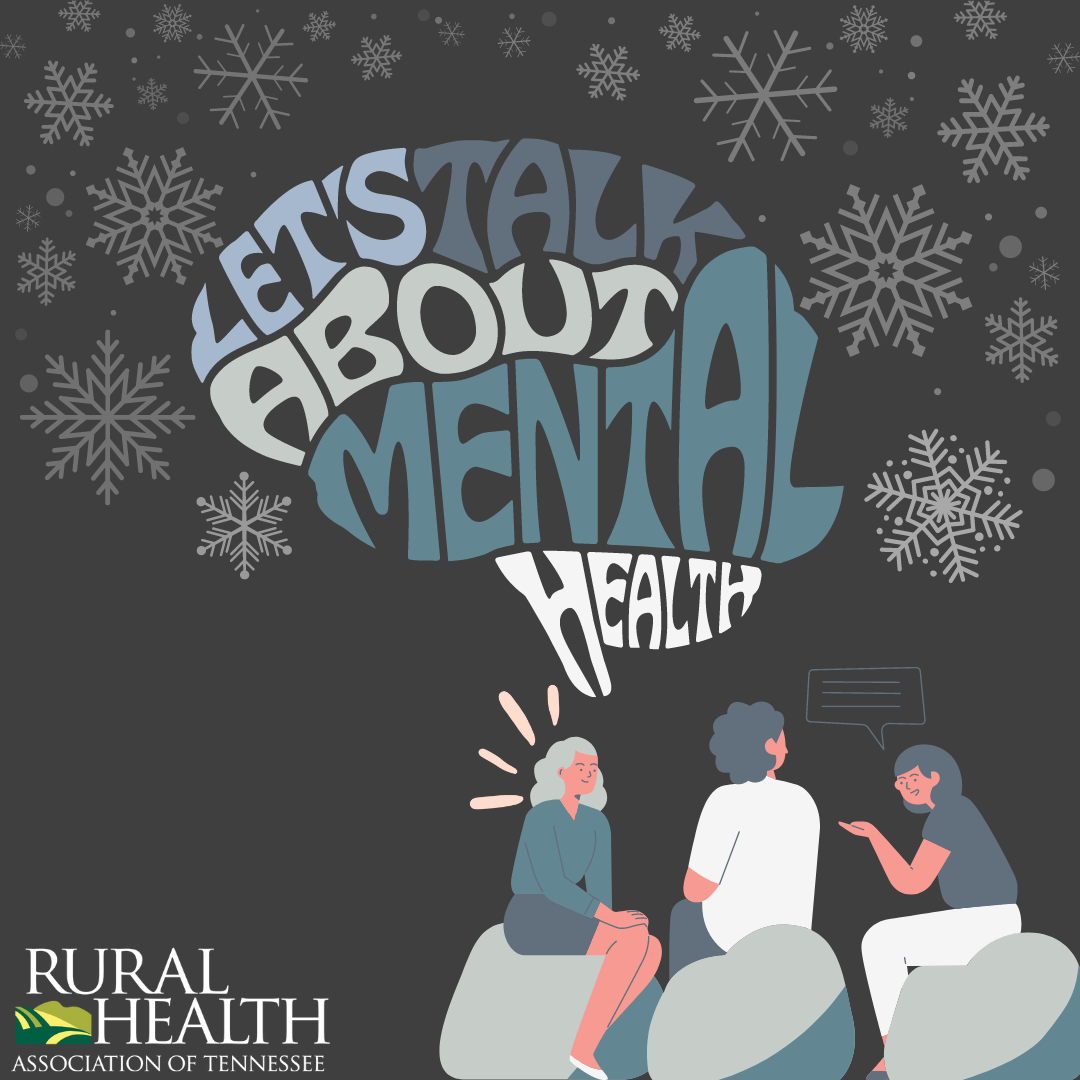 Navigating the winter months with mental health disorders can be particularly challenging due to factors such as reduced sunlight, colder temperatures, and the holiday season. Seasonal Affective Disorder (SAD), a form of depression associated with changes in seasons, often intensifies during winter. To mitigate its effects, individuals can explore light therapy, spending time outdoors during daylight hours, and incorporating light-enhancing activities into their daily routines. Additionally, maintaining a consistent sleep schedule is crucial for stabilizing mood and energy levels, as disruptions to sleep patterns can exacerbate symptoms of various mental health disorders.
Navigating the winter months with mental health disorders can be particularly challenging due to factors such as reduced sunlight, colder temperatures, and the holiday season. Seasonal Affective Disorder (SAD), a form of depression associated with changes in seasons, often intensifies during winter. To mitigate its effects, individuals can explore light therapy, spending time outdoors during daylight hours, and incorporating light-enhancing activities into their daily routines. Additionally, maintaining a consistent sleep schedule is crucial for stabilizing mood and energy levels, as disruptions to sleep patterns can exacerbate symptoms of various mental health disorders.
The winter season can contribute to social isolation, which is especially detrimental to individuals with mental health disorders. Efforts to stay connected with loved ones and engage in social activities, even if they are virtual, can provide a crucial support system. Community involvement and participation in group activities can foster a sense of belonging, reducing feelings of loneliness and isolation that often intensify during the winter months.
 Have you submitted your nominations for the 2024 Annual Rural Health Awards? Each year the Rural Health Association of Tennessee recognizes individuals and groups of individuals from across the state of Tennessee who have dedicated themselves to the service of others within the field of rural healthcare.
Have you submitted your nominations for the 2024 Annual Rural Health Awards? Each year the Rural Health Association of Tennessee recognizes individuals and groups of individuals from across the state of Tennessee who have dedicated themselves to the service of others within the field of rural healthcare. 

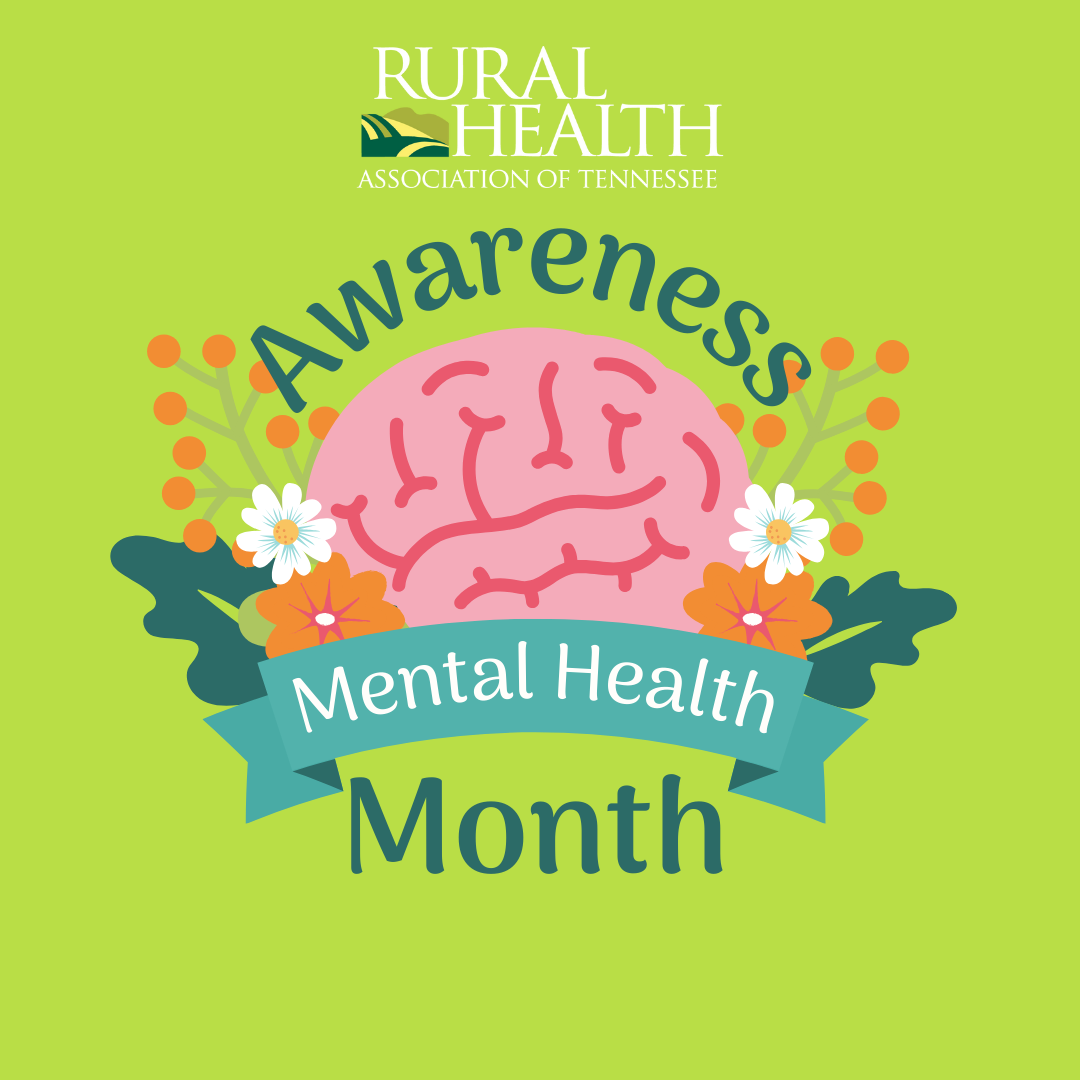 Mental Health Awareness Month, observed throughout May, serves as a crucial platform to educate, raise awareness, and reduce stigma surrounding mental health issues. It offers an opportunity for individuals, communities, and organizations to come together to promote understanding and support for those struggling with mental health challenges.
Mental Health Awareness Month, observed throughout May, serves as a crucial platform to educate, raise awareness, and reduce stigma surrounding mental health issues. It offers an opportunity for individuals, communities, and organizations to come together to promote understanding and support for those struggling with mental health challenges. Navigating the winter months with mental health disorders can be particularly challenging due to factors such as reduced sunlight, colder temperatures, and the holiday season. Seasonal Affective Disorder (SAD), a form of depression associated with changes in seasons, often intensifies during winter. To mitigate its effects, individuals can explore light therapy, spending time outdoors during daylight hours, and incorporating light-enhancing activities into their daily routines. Additionally, maintaining a consistent sleep schedule is crucial for stabilizing mood and energy levels, as disruptions to sleep patterns can exacerbate symptoms of various mental health disorders.
Navigating the winter months with mental health disorders can be particularly challenging due to factors such as reduced sunlight, colder temperatures, and the holiday season. Seasonal Affective Disorder (SAD), a form of depression associated with changes in seasons, often intensifies during winter. To mitigate its effects, individuals can explore light therapy, spending time outdoors during daylight hours, and incorporating light-enhancing activities into their daily routines. Additionally, maintaining a consistent sleep schedule is crucial for stabilizing mood and energy levels, as disruptions to sleep patterns can exacerbate symptoms of various mental health disorders.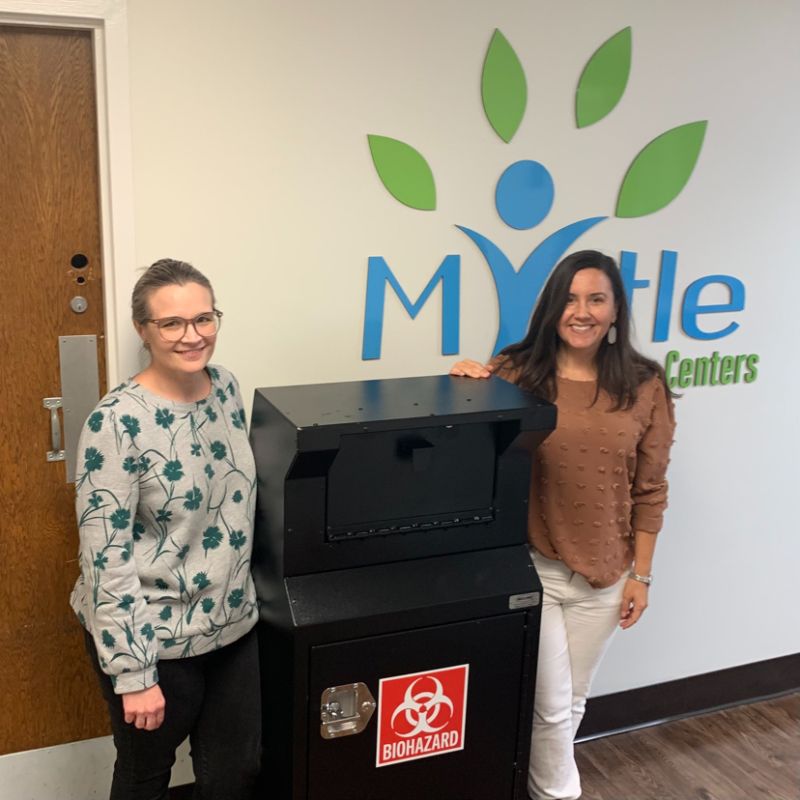
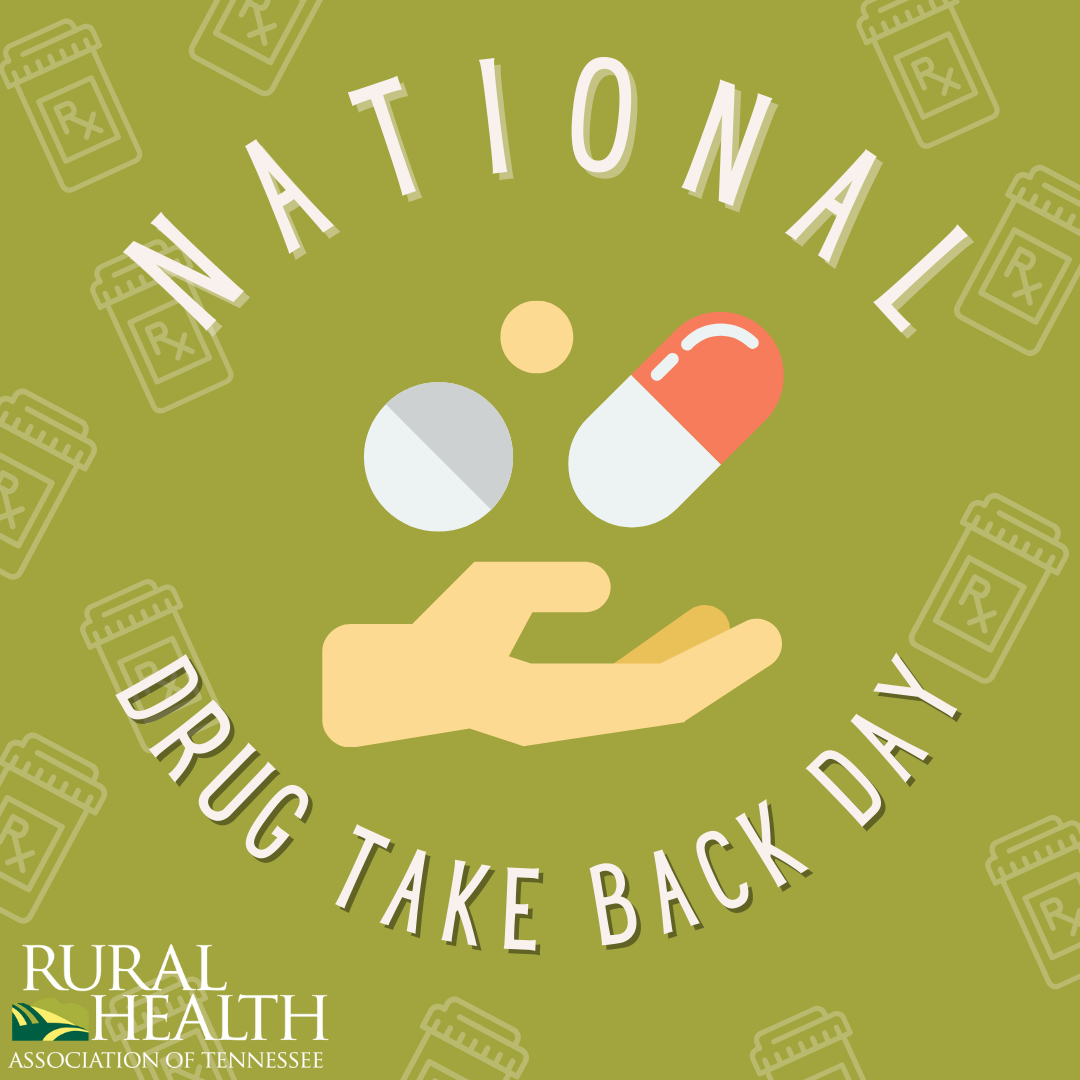 October 28th is recognized as National Drug Take Back Day.
October 28th is recognized as National Drug Take Back Day.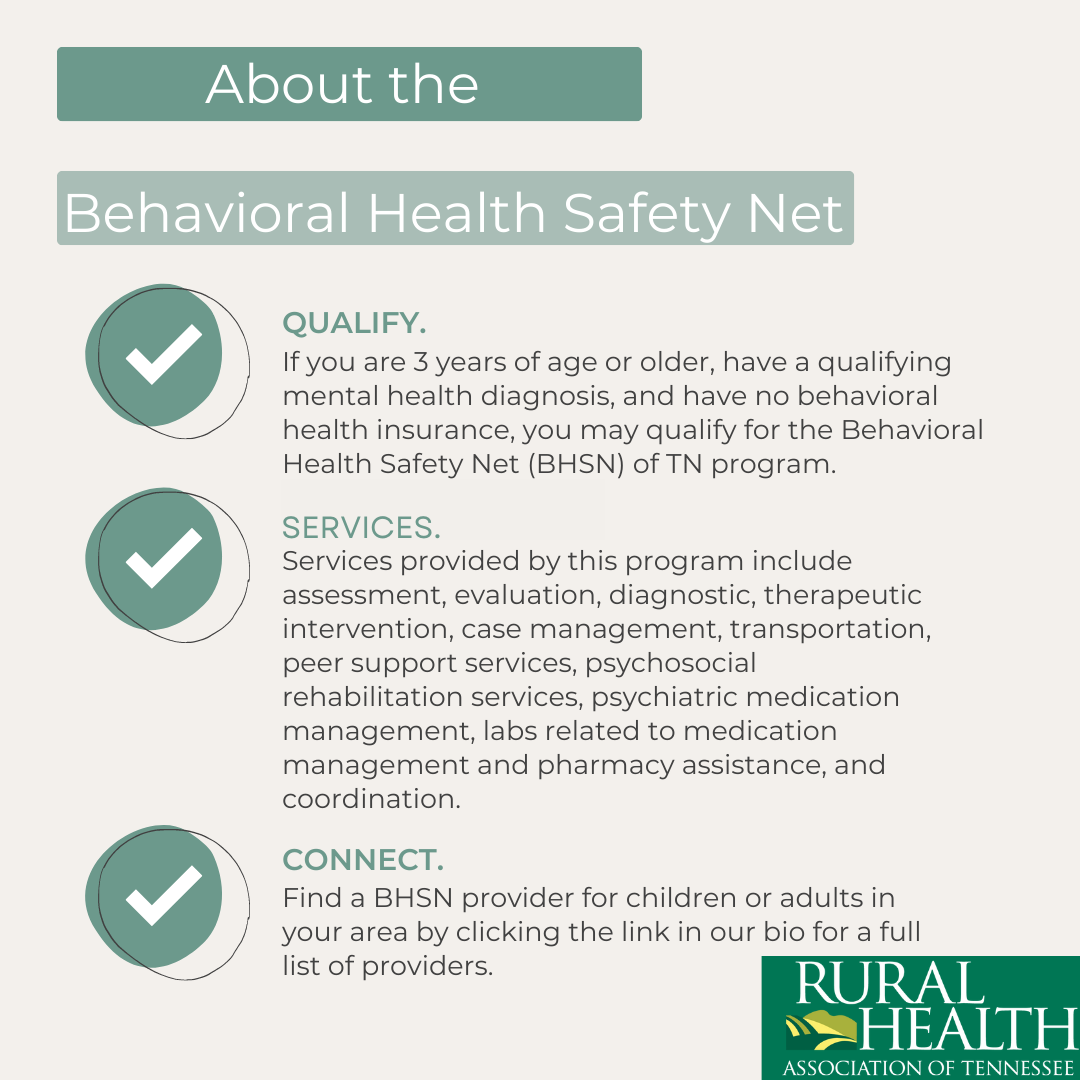 The Behavioral Health Safety Net System in Tennessee, known as BHSN of TN, is a crucial resource for adults aged 18 and older who lack insurance coverage but meet the necessary eligibility criteria. This program offers essential community-based behavioral health services, with the exception of inpatient care, which is not covered. BHSN of TN is effectively administered through contracts with Community Mental Health Agencies statewide.
The Behavioral Health Safety Net System in Tennessee, known as BHSN of TN, is a crucial resource for adults aged 18 and older who lack insurance coverage but meet the necessary eligibility criteria. This program offers essential community-based behavioral health services, with the exception of inpatient care, which is not covered. BHSN of TN is effectively administered through contracts with Community Mental Health Agencies statewide.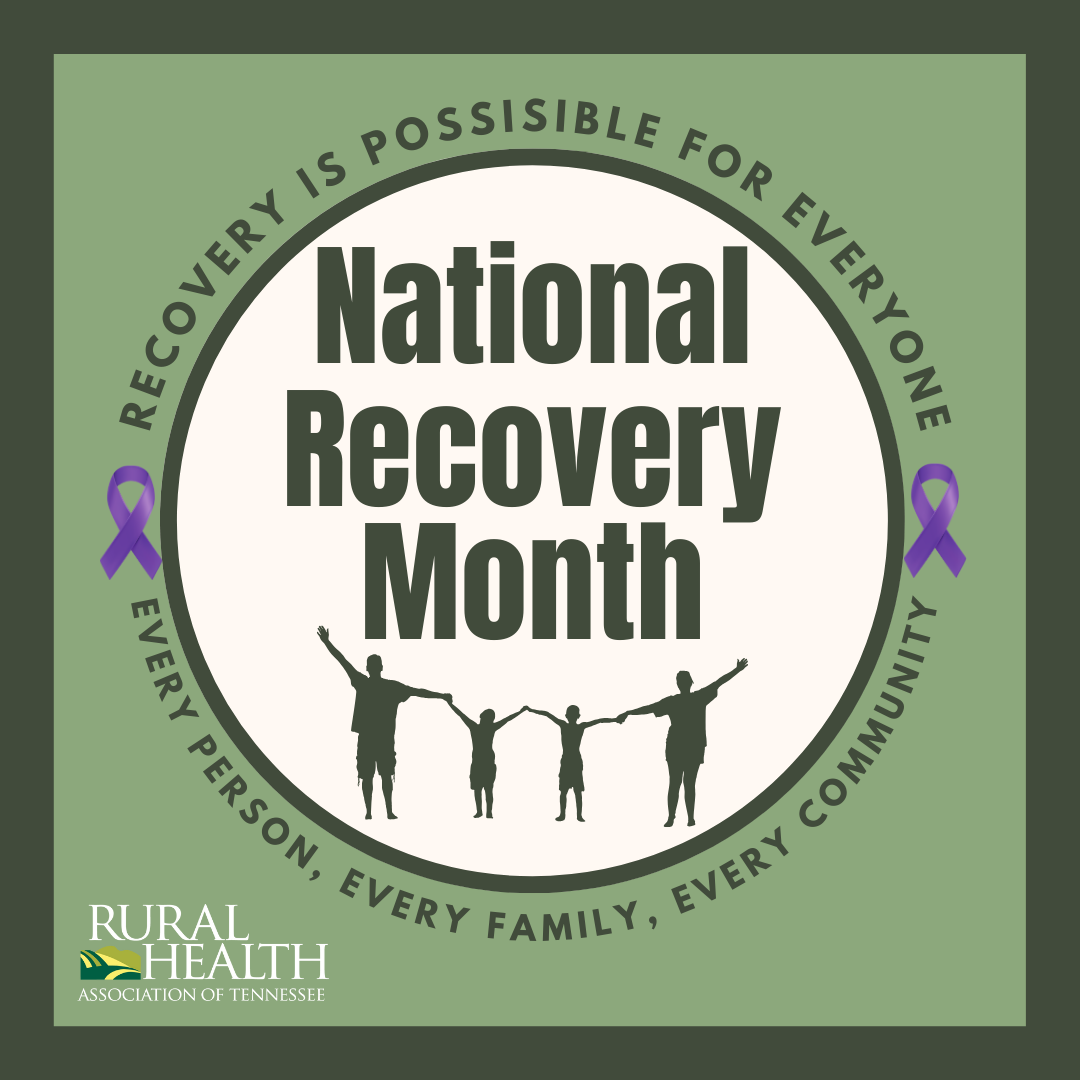 National Recovery Month aims to educate Americans that substance use treatment and mental health services can enable those with a mental and/or substance use disorder to live a healthy and rewarding life.
National Recovery Month aims to educate Americans that substance use treatment and mental health services can enable those with a mental and/or substance use disorder to live a healthy and rewarding life.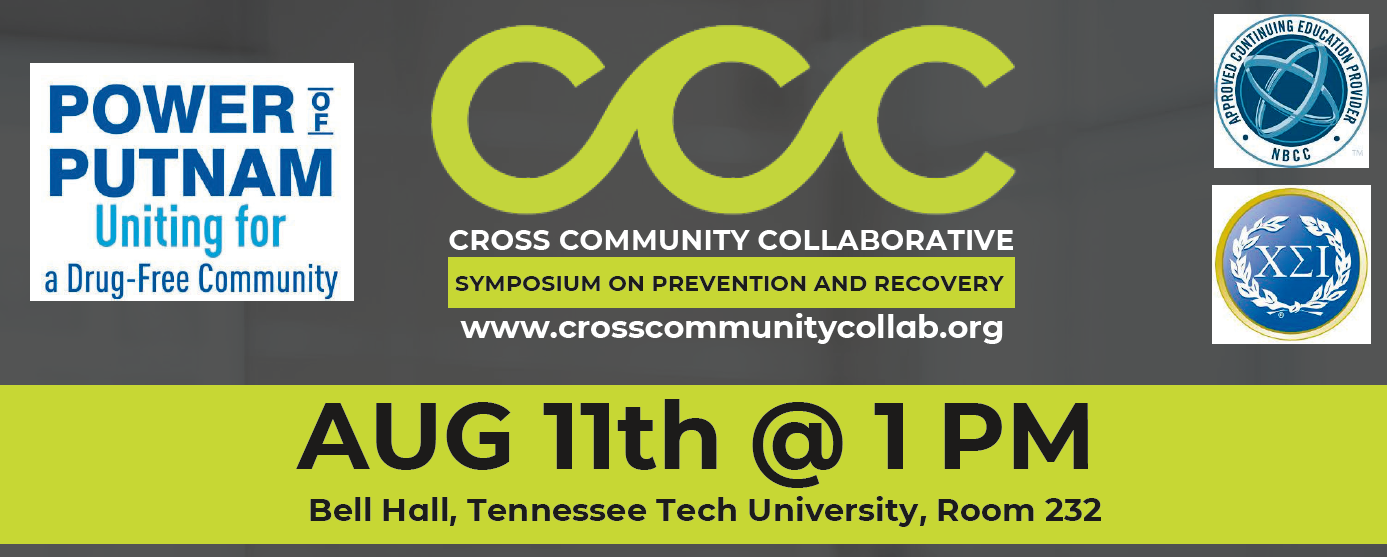
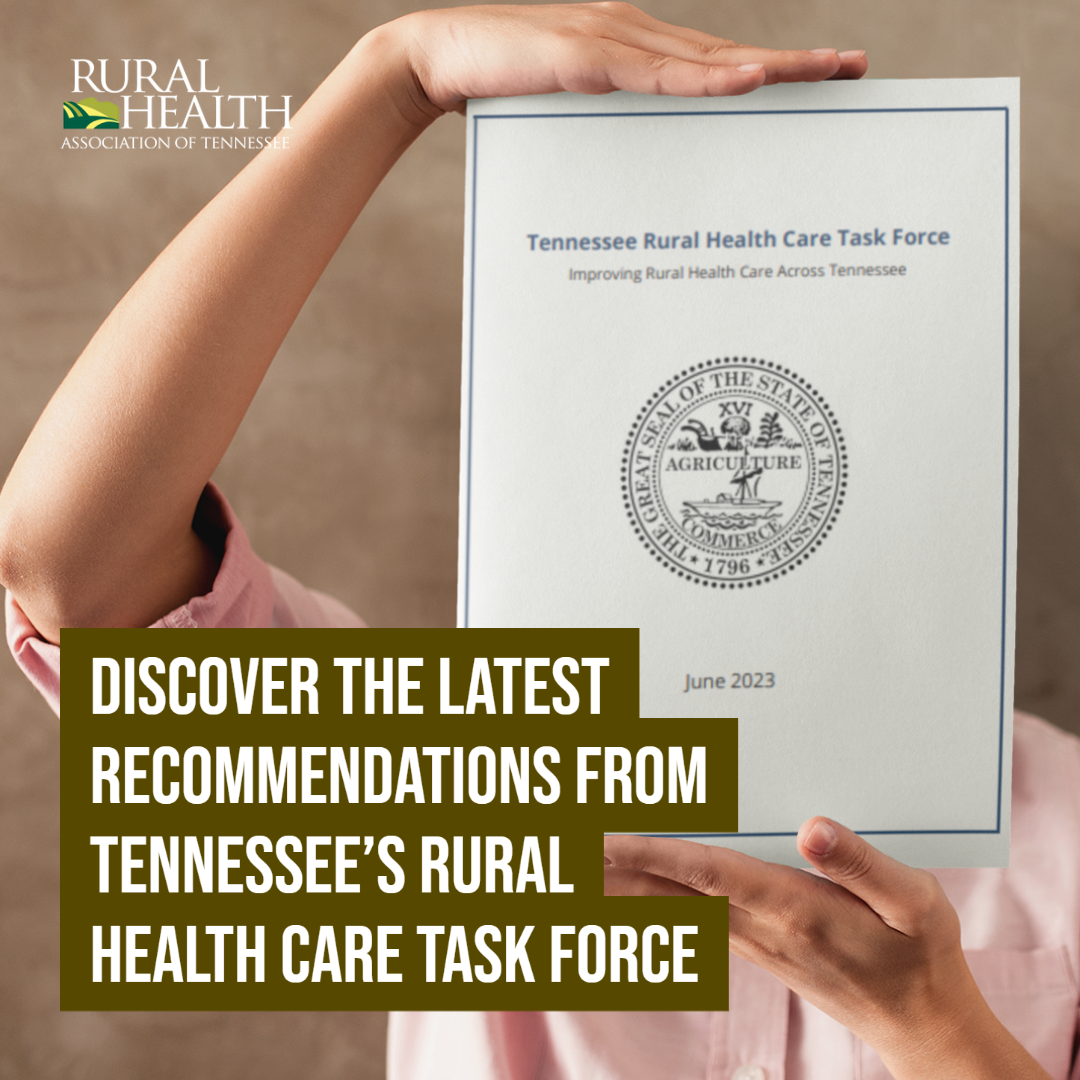 Tennessee's Rural Health Care Task Force, formed in June 2022 by Governor Bill Lee, has released a number of recommendations aimed at improving access to care and health outcomes for rural Tennesseans. In the report are recommendations to increase access to care, train healthcare professionals, and address social drivers of health.
Tennessee's Rural Health Care Task Force, formed in June 2022 by Governor Bill Lee, has released a number of recommendations aimed at improving access to care and health outcomes for rural Tennesseans. In the report are recommendations to increase access to care, train healthcare professionals, and address social drivers of health.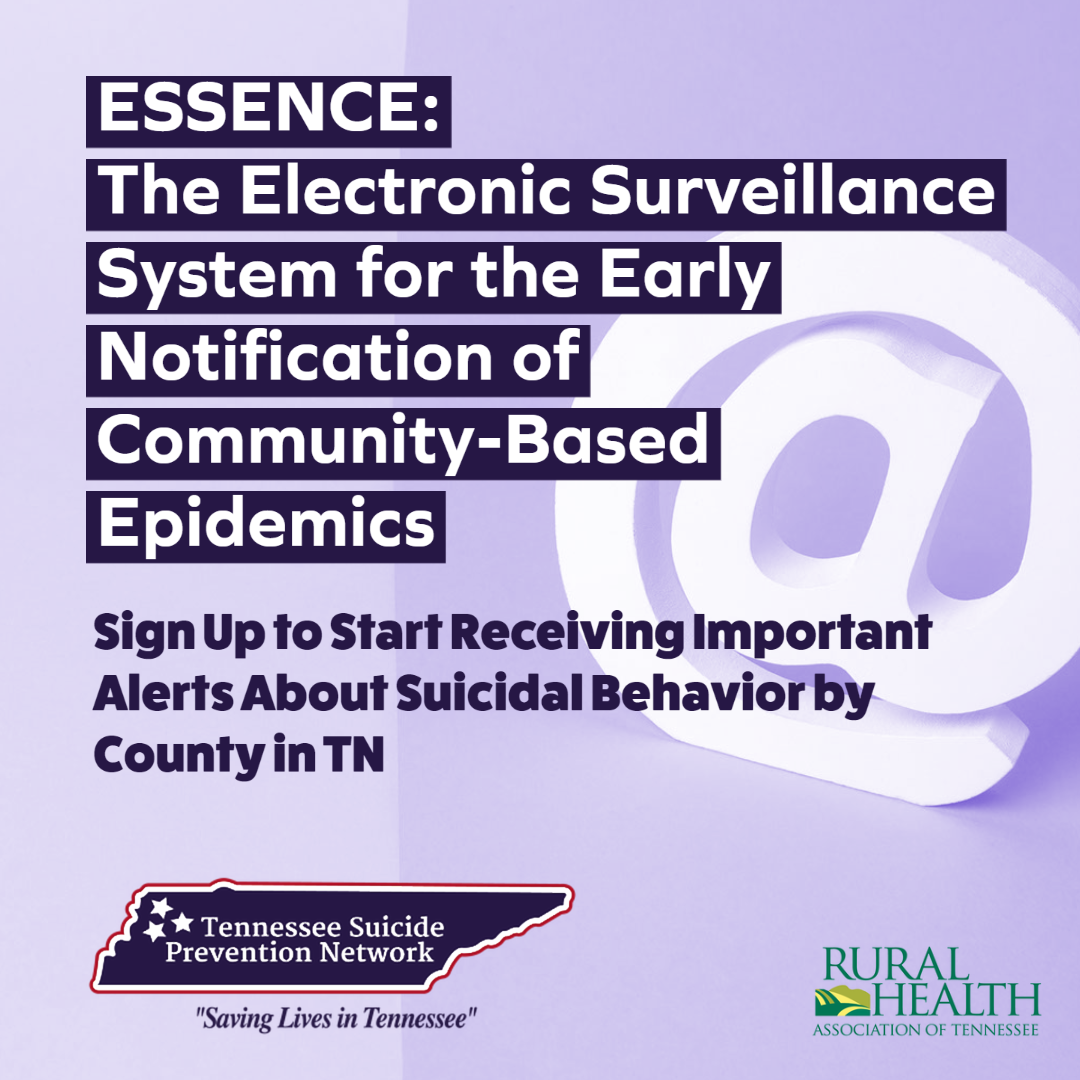 The Electronic Surveillance System for the Early Notification of Community-Based Epidemics (ESSENCE) is a national syndromic surveillance system used to monitor disease trends for early detection of potential disease outbreaks.
The Electronic Surveillance System for the Early Notification of Community-Based Epidemics (ESSENCE) is a national syndromic surveillance system used to monitor disease trends for early detection of potential disease outbreaks.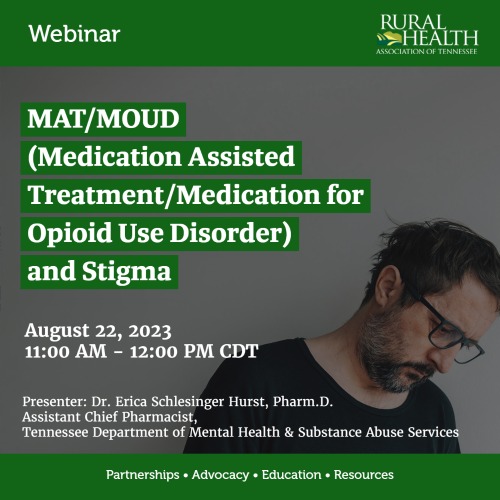 Join RHA and Dr. Erica Schlesinger Hurst, Pharm.D., Assistant Chief Pharmacist with the Tennessee Department of Mental Health & Substance Abuse Services (TDMHSAS) for a virtual training on MAT/MOUD (Medication Assisted Treatment/Medication for Opioid Use Disorder) and Stigma on August 22, 2023, from 11:00 am - 12:00 pm CDT.
Join RHA and Dr. Erica Schlesinger Hurst, Pharm.D., Assistant Chief Pharmacist with the Tennessee Department of Mental Health & Substance Abuse Services (TDMHSAS) for a virtual training on MAT/MOUD (Medication Assisted Treatment/Medication for Opioid Use Disorder) and Stigma on August 22, 2023, from 11:00 am - 12:00 pm CDT. 
